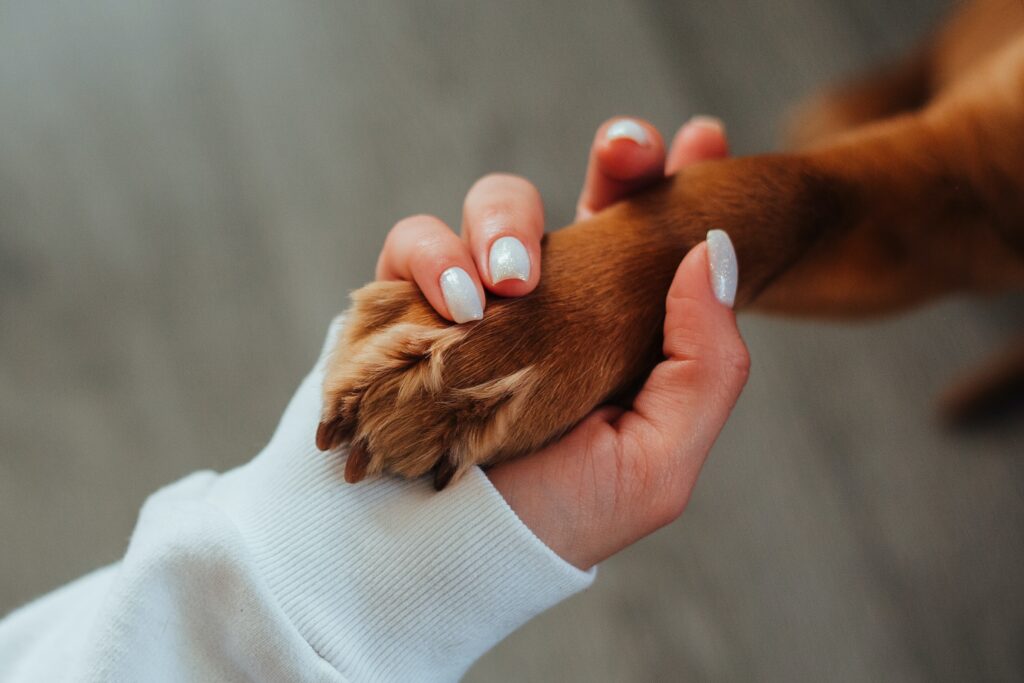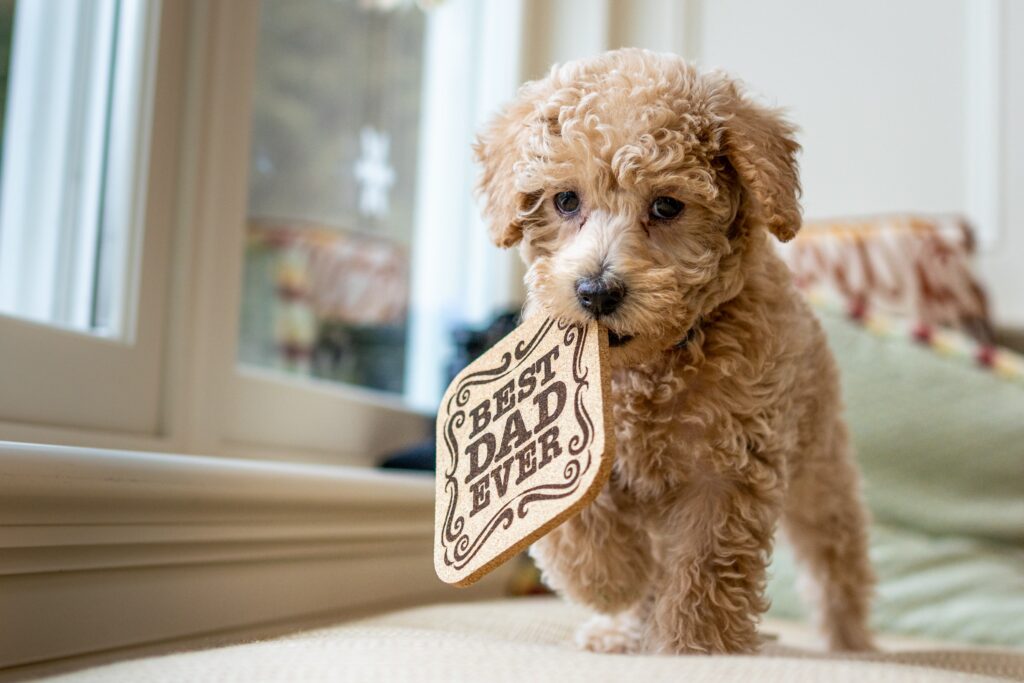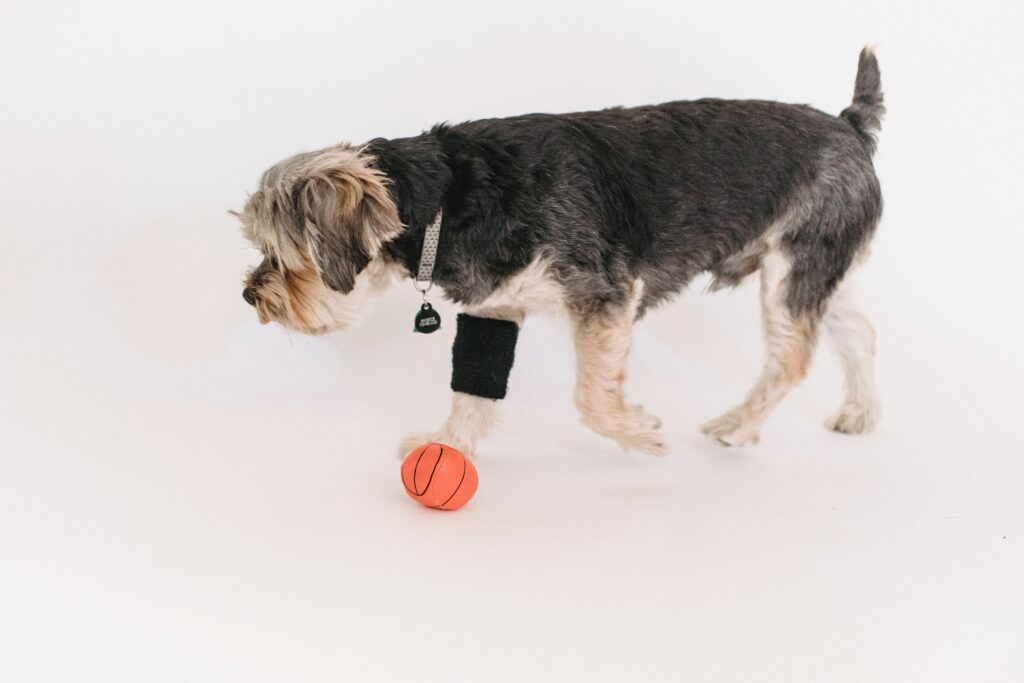Is it true or not that you are a glad new puppy owner? Congrats! Bringing a puppy into your life can be a thrilling and remunerating experience. Nonetheless, learning “How to Train Puppies?” is significant. In this article, we will guide you through the most common way to train a puppy. From the fundamentals of puppy care to socialization, uplifting feedback, addressing behavior issues, and guaranteeing their well-being and prosperity, we take care of you.
Introduction
Bringing a new puppy home is an exhilarating moment. However, it’s significant to establish a strong foundation of training puppies early on to raise a well-behaved and happy companion. By following a couple of key stages and using encouraging feedback methods, you can form your puppy into a balanced and respectful pet. We should jump into the universe of puppy preparation and find how to unleash their true potential.
Puppy Basics
Choosing a Puppy
In the process of choosing a puppy, take care of the factors like breed, size, temperament, and energy level. It’s critical to find a variety that lines up with your way of life and living game plans. Whether you pick a purebred or a mixed breed, take as much time as is needed to research and meet different puppies to track down an ideal choice for yourself as well as your loved ones.
Preparing Your Home
Prior to bringing your puppy home and beginning to train a puppy, ensure your residing space is protected and your puppy is safe. Eliminate any dangerous items, secure loose cables, and assign a comfortable space for your little dog to rest and sleep. Giving an agreeable and secure climate will assist them with getting comfortable rapidly.
Puppy Supplies
Put resources into fundamental puppy supplies, for example, a container, food, and water bowls, bite toys, a rope, a collar, and top-notch puppy food. These things will guarantee your puppy’s comfort and take care of its necessities.

Socialization and Training
Socialization is crucial for puppies to foster appropriate conduct and collaborate emphatically with individuals, different creatures, and the climate.
Mingling Your Doggy
Open your puppy to different experiences, individuals, and creatures from the beginning. Arrange playdates with other vaccinated and friendly dogs, introduce them to various sounds and sights, and take them on short trips to build their confidence. Positive socialization will assist with preventing fear and aggression issues in the future.
House Training
House training is a fundamental aspect of puppy training. Begin by laying out a daily practice and taking your puppy outside often, particularly after dinners, rests, and recess. Pick an assigned spot in your yard or close by outside the region where you believe your puppy should dispose of. Utilize encouraging feedback and award them with appreciation or treats when they go potty in the suitable region. Be patient and steady, as mishaps will undoubtedly occur during the growing experience. Stay away from punishment, as it can create fear and hinder progress.
Basic Commands
Showing your pup essential orders establishes the groundwork for good way of behaving and correspondence. Begin with basic orders like “sit,” “remain,” and “come.” Utilize encouraging feedback methods, like treats and verbal commendation, to compensate your doggy when they effectively play out an order. Continue to prepare meetings short and incessant, and consistently finish strong. Consistency and redundancy are vital to assisting your little dog with getting a handle on these orders.
Encouraging feedback
Encouraging feedback is an integral asset in training puppies. It includes rewarding your puppy for a positive way of behaving, which urges them to rehash it. Here are a few viable procedures to incorporate:
Rewards and Treats
Involving treats as rewards is a typical and viable technique. Pick little, delicate treats that your doggy sees as tempting. At the point when your puppy acts well or follows an order, offer a treat joined by verbal praise. This positive association inspires them to keep showing good conduct.
Clicker Preparing
Clicker preparation is another valuable procedure that includes a clicking sound with a prize. Begin by associating the clicker with treats. At the point when your puppy plays out an ideal way of behaving, like sitting or resting, click the gadget and quickly offer a treat. With time, your puppy will comprehend that the click means a prize, making training sessions more effective.
Puppy Behavior Issues
Puppies might display specific social difficulties as they develop. Resolving these issues speedily can keep them from becoming instilled habits. The following are a couple of normal issues and how to handle them:
Chewing and Biting
Puppies explore the world with their mouths, and biting is a characteristic way of behaving. Give suitable bite toys and divert their attention when they begin snacking on furnishings or unseemly things. On the off chance that your puppy bites during play, let out a yelp to demonstrate discomfort, and immediately stop interacting. Consistency and uplifting feedback will assist a puppy with understanding what is OK to bite and chew.
Excessive Barking
Unnecessary barking can be an irritation. Distinguish the triggers that make your puppy bark, like fatigue or nervousness, and address them as needs be. Draw in your puppy in standard activity and mental feeling, give intuitive toys, and consider carton preparing to establish a quiet and secure climate. Reward a calm way of behaving and utilize orders like “calm” or “enough” to put unnecessary woofing down.
Hopping Up
Hopping up on individuals is a typical conduct in puppies looking for consideration. Show your puppy an elective way of behaving, such as sitting, and award them for performing it while hello individuals. Consistency is key in discouraging jumping, so guarantee that everybody communicating with your little dog observes similar rules.

Wellbeing and Care
Keeping your puppy healthy and very much prepared is fundamental for their general prosperity. Here are a few vital perspectives to consider:
Vaccinations and Vet Visits
Plan normal vaccinations and veterinary check-ups to shield a puppy from illnesses and guarantee its development and advancement are on target. Your veterinarian can give direction on immunizations, parasite prevention, and any well-being concerns you might have.
Grooming and Hygiene
Lay out a preparation routine from the get-go to keep a puppy spotless and sound. Brush their jacket routinely to prevent matting and eliminate free fur. Introduce them to nail management and teeth cleaning steadily to make it a positive experience. Consistently take a look at their ears for indications of disease and clean them as needed. Moreover, keep a legitimate eating regimen and give new water to help your puppy’s general wellbeing and cleanliness.
Conclusion
Preparing a puppy requires time, persistence, and consistency, however, the prizes are worth the effort. By observing these rules and using encouraging feedback strategies, you can shape a puppy into a respectful and cheerful buddy. Make sure to focus on its socialization, address conduct issues promptly, and keep up with its well-being and cleanliness. Partake in the process of preparing and holding with your lovable new shaggy companion.
FAQs
Q: How long does it require to train Puppies?
A: The term “training a puppy” relies upon the little dog’s breed, age, and individual personality. Consistent training efforts over several weeks or months are typically required to achieve desired results.
Q: Can I train an older dog using these methods?
A: Indeed, uplifting feedback methods can be applied to dogs, all things considered. While more established dogs might take more time to adjust, persistence and consistency can prompt fruitful preparation results.
Q: Should I punish my puppy for accidents during house training?
A: No, punishment can create fear and hinder the preparation process. All things considered, center around uplifting feedback by compensating your puppy for eliminating in the designated area.
Q: What should I do if a puppy shows an aggressive attitude?
A: Forceful conduct in puppies should be addressed quickly by talking with an expert puppy coach or behaviorist. They can give direction and foster a customized preparation plan.
Q: How often should I groom my puppy?
A: The recurrence of preparing relies upon a puppy’s breed and coat type. For the most part, customary brushing and prepping meetings like grooming are prescribed to keep their jacket sound and liberated from tangles.



